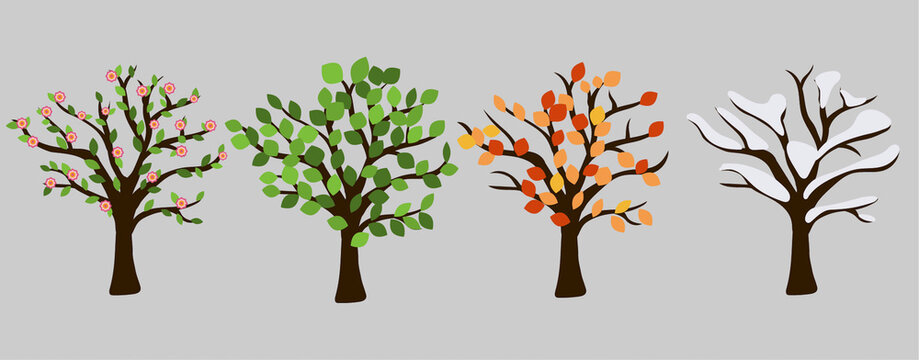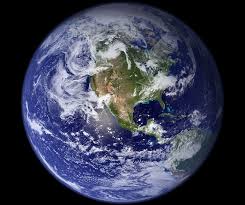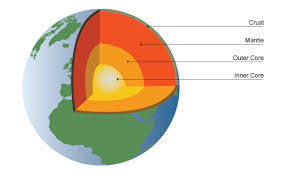Science
Intent
In our school, the science curriculum aims to enrich the children’s understanding of the world by helping them to recognise the impact of science on all aspects of their lives, including culture, society and technology. Our pupils will recognise that science has changed the world and will continue to do so in the future, and all pupils will be taught the essential aspects of the knowledge, methods, processes and uses of science that underpin this impact. Our children will recognise how science can be used to explain what is happening around them, both natural and otherwise, and to predict how things will behave as well as possessing the skills to analyse the cause and effect of such events. This will develop through a broad range of scientific enquiries. We intend to foster social and emotional growth through developing a greater understand of topical issues related to science and to build upon this understanding to better the health and wellbeing of our children. We aim to foster a thirst for discovery and sense of curiosity and excitement about natural phenomena within each and every child. Our pupils will recognise the doors that a strong understanding of science opens for them in the future. In our school, we help our children to develop into well-rounded learners in line with the IB learner profile. Through our discussions, exploration and investigations, our science provision offers the children a multitude of opportunities to develop learners who are:
- Inquirers
- Knowledgeable
- Thinkers
- Communicators
- Principled
- Open-minded
- Caring
- Risk-takers
- Balanced
- Reflective
Implementation
In our school, we create a positive attitude towards science learning within the classroom and reinforce an expectation that all pupils are capable of achieving high standards in science. Our whole school approach to the teaching and learning of science involves the following;
- Science will be taught in arranged topic blocks by the class teacher. The order of these will be decided by staff across year groups in coordination with the science lead to ensure optimal learning opportunities. The content of these topics is pupil led through questioning at the start of the topic. This will inform planning throughout the topic.
- Existing knowledge is checked at the beginning of each topic through a range of tools including online assessment and quizzes. This ensures that teaching is informed by the children’s existing understanding and that it takes account of pupil voice, incorporating children’s interests.
- Through our planning, we involve problem solving opportunities in conjunction with the maths mastery approach. This will allow children to explore and apply their knowledge, encouraging them to find out answers for themselves. Children are encouraged to ask their own questions and be given opportunities to use their scientific skills and research to discover the answers. ICT resources will support this. Their curiosity is celebrated within the classroom and all teachers encourage children to recognise their potential and further social and emotional growth.
- Planning involves teachers creating engaging lessons involving high-quality resources to aid understanding of conceptual knowledge. Tasks are designed to provide appropriate challenge to all learners, in line with the school’s commitment to inclusion. Teachers use precise questioning in class to test conceptual knowledge and skills and assess pupils regularly to identify those children with gaps in learning. All topics conclude with an end-of-unit assessment, which supports end of term teacher assessment.
- Developing reading skills is essential to our approach to science. Science is taught through a cross-curricular approach, utilising lessons such as RM5 to teach science with a focus on developing reading skills. This is further supported through the science section of our non-fiction library.
- All teachers are confident of past and future learning through our knowledge and skills progression maps. We build upon the knowledge and skill development of the previous years. As the children’s knowledge and understanding increases, they become more proficient in using scientific equipment, collating and interpreting results and in their ability to come to conclusions based on real evidence.
- Working Scientifically skills are embedded into lessons to ensure that skills are systematically developed throughout the children’s school career and new vocabulary and challenging concepts are introduced through direct teaching. This is developed through the years, in-keeping with the topics.
- We use Wow trip and visitors to stimulate the children’s interest in all areas of science and to develop their understanding of science in the wider world. These are purposeful and link with the knowledge being taught in class.
- Teachers will find opportunities to develop children’s understanding of their surroundings by accessing outdoor learning and through Wow trips and visits with experts.
- Philosophy lessons are used regularly to help children understand science in the wider world. These will have a focus that is linked to a variety of science areas.
- Regular events, such as Science Week, such as Nature Day, allow all pupils to come off-timetable to provide broader provision and the acquisition and application of knowledge and skills. When possible, these events involve families, local external agencies and the wider community.
- Our children are encouraged to see themselves as scientists of the future through a celebration of multi-cultural scientists, both through our curriculum and in displays in school.
Impact
Our approach to science results in an engaging, high-quality science education that enriches the children’s understanding of the world. We provide children with varied opportunities to experience science in the world around them through creative planning, purposeful trips and interactions with experts. Our children have the understanding that science has changed their lives and that it is vital to the world’s future prosperity. Through our approach, we foster curiosity and a thirst for discovery in every child regardless of their individual needs, supporting them to develop as IB learners. Through exposure to positive role models within the field of science from various backgrounds, all children feel that they can be scientists and are capable of changing the world. Our curriculum meets the needs of all of our children, including disadvantaged pupils and those with SEND. Children at Kensington enjoy science and this results in motivated learners with sound scientific understanding who are confident working scientifically. Pupil voice leads our science curriculum forward through questioning of pupil’s views and analysing attitudes to science. This works alongside observations of learning experiences and a rigorous analysis of data to ensure high quality science learning.
‘If you are not prepared to be wrong, you will never come up with anything original.’
Albert Einstein
Super Science Facts
Thank you to Hussein for finding out that the longest season of the year is summer, with 93 days! Very interesting. If only it was a bit longer.

Thank you to Amir for finding out that Earth spins at over 1000mph, but we don't feel it because of Earth's gravitational pull. Fascinating!

Thank you to Nathan for this week's super science fact - scientists believe that because of less oxygen and more carbon, some planets may have a diamond layer. Intriguing!

Thank you to Betty for this week's super science fact - the average body temperature of a human being declines as they age! Very interesting.

Thank you to Ahmed for this week's super science fact - a human body can survive longer without food than it can without water. The human body can survive weeks without food but could not survive more than a few days without water.

Thank you to Karam for this week's super science fact - not all metals are magnetic. Gold and silver, for example, are not magnetic!

Did you know that it is difficult to sneeze with your eyes open? This is because of an autonomic reflex that closes your eyes when you sneeze! Thanks Sama for the super science fact!

Xuan Chen found out that blood cells live for around 4 months! How interesting!

Hammad found out that infrasound is a sound wave with frequencies below the lowest limit of human audibility. Some animals such alligators and whales can communicate with with infrasound. How fascinating!

Yunis found out that water can boil and freeze at the same time as part of a phenomenon called triple point. Very interesting!

